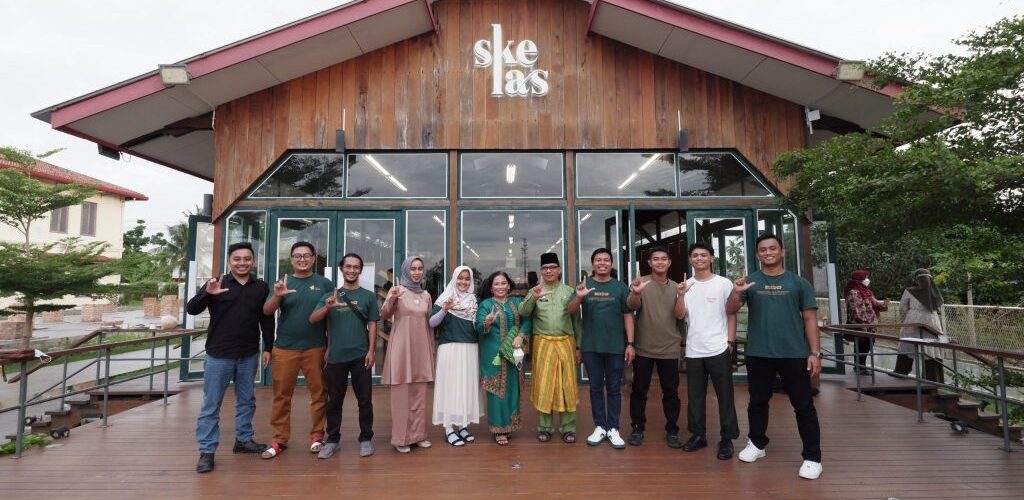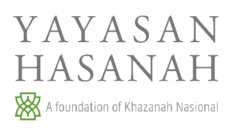KUALA LUMPUR, 22 April 2025 – As global consumers become increasingly sustainability-conscious, Malaysian micro, small, and medium enterprises (MSMEs) are rising to the occasion—demonstrating how business growth and environmental stewardship can go hand in hand.
According to the PwC Voice of the Consumer Survey 2024, consumers are now willing to pay up to 9.7% more for sustainably produced goods. This shift presents a promising opportunity for MSMEs that align with eco-conscious values and practices.
Recognising this momentum, the Malaysian Government has earmarked RM1.3 billion for sustainability initiatives under Budget 2025—part of the broader RM45.6 billion allocation to support MSMEs. In parallel, Bank Negara Malaysia has introduced a RM3.8 billion loan fund to drive the adoption of sustainable business practices.
Driving this agenda is SME Corp Malaysia, under the Ministry of Entrepreneur and Cooperatives Development (MECD), through programmes like PKSlestari, which offers ESG assessments, awareness campaigns, and a newly launched ESG Quick Guide for MSMEs. These efforts aim to help local businesses transition toward environmentally responsible operations.
A key area of focus is the agriculture sector, which contributed 6.3% to Malaysia’s GDP in Q2 2024. Frameworks such as the National Agro-Food Policy 2.0 and the 12th Malaysia Plan are laying the groundwork for a tech-enabled, sustainable food supply chain.
Regional Inspiration: Siak’s Sustainable Success Stories
In neighbouring Indonesia, community-led initiatives are also leading the way. The Sentra Kreatif Lestari Siak (SKELAS) and its KUBISA business incubation programme have supported 26 MSMEs with mentoring, product development, and market access.
Among the standout success stories are Dapur Mempura and Pinaloka—two women-led businesses transforming local traditions into sustainable economic opportunities.
Dapur Mempura, founded during the pandemic, is reviving the traditional Malay Komojo sponge cake using gluten-free, nutrient-rich ingredients like mocaf and rice bran. “We want to bring back the nostalgic taste of Komojo with a healthier twist,” said founder Santi Lestari, inspired by her own son’s special dietary needs.
Pinaloka, on the other hand, is preserving peatland ecosystems through the cultivation of Siak crown pineapples, processed into jams, syrups, and pastries. “Our work protects against forest fires by helping the soil retain moisture,” explained co-founder Wulan Suci Ningrum.
Their community-based approach has also revitalised local farming, with 33 farmers and 21 women already engaged and a target of 100 farmers by the end of 2024.
Collaboration for Impact
Collaboration between the two MSMEs has produced new innovations like pineapple tarts—a festive favourite. “It’s our bestseller,” said Wulan. “We’ve even delivered 50 kg for a national event hosted by Bank Indonesia.”
SKELAS representative Cerli Febri added, “By creating added value from local ingredients, we enable MSMEs to grow together while tackling environmental challenges.”
A Model for Sustainable Growth
These grassroots initiatives show how MSMEs can serve as vital agents of change in achieving national and regional sustainability goals. Through creative product development, environmental restoration, and community empowerment, businesses like Dapur Mempura and Pinaloka are setting a powerful precedent—one tart, one cake, and one farm at a time.








